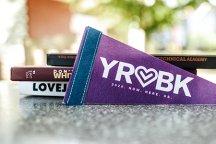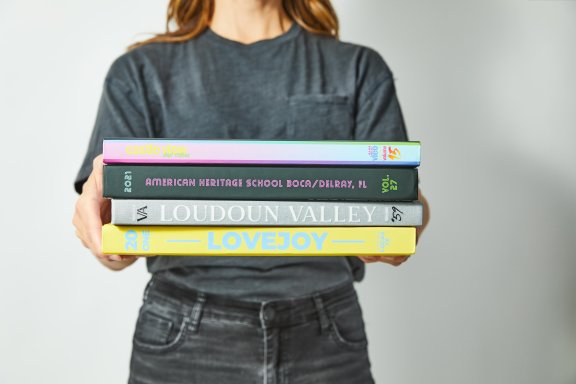The yearbook staff is made up of journalists and the most important tool in their toolkit is the interview. The ability to listen to others and find great stories will help your yearbook staff showcase the various personalities in your school.
Check out one of these interview practice games or activities that will sharpen interview skills and bring magic to your yearbook copy.
24 THINGS / PARTNER PROFILES
This partner assignment has students get more comfortable interviewing others by working with a classmate.
click here - Download 7-minute starter lesson plan
It is a great jumping off point for getting to know another classmate. Have students partner up and interview one another about the various “things” in the activity. After they have found an interesting story, consider having them write a brief partner profile about their classmate.
BINGO
This great day-one icebreaker helps students practice asking specific questions and get more comfortable meeting new people.
A great day-one activity where students have bingo cards with potential fun fact descriptions, and they have to ask questions and engage in conversations with classmates to find names of people who fit the descriptions. First one to fill the card (or row) is the winner!
Examples of some bingo card categories might be:
• Has an older/younger sibling
• Plays a musical instrument
• Bingewatched <insert name of popular series> this summer
• Went to Europe during summer vacation
• Ate cereal for breakfast
PRESS CONFERENCE
This activity challenges students to draft questions in real-time that are open-ended and objective and don’t lead their interview subject.
In this classic party game, one student leaves the classroom and is assigned an identity, when they return students ask them questions to try to get them to figure out who they are. The trick is to be subtle with the questions.
Students should not ask questions that refer to specific plot points. For example, if the interview subject is Harry Potter, don’t ask questions like: What is Dumbledore like? Describe your room in the cupboard under the stairs? What did you think when you found the Sorcerer’s Stone?
Instead do ask questions like: Describe your unusual pet? When did you know you were different? What would you tell your parents, if you could?
There are plenty of variations where you make the interview subject an animal, a fictional character, a celebrity, etc.




